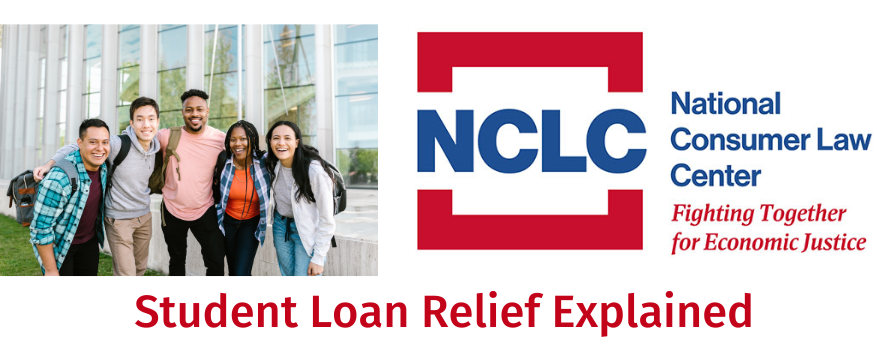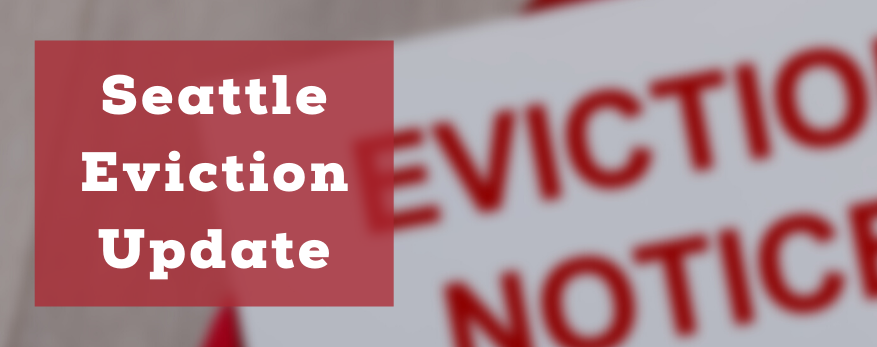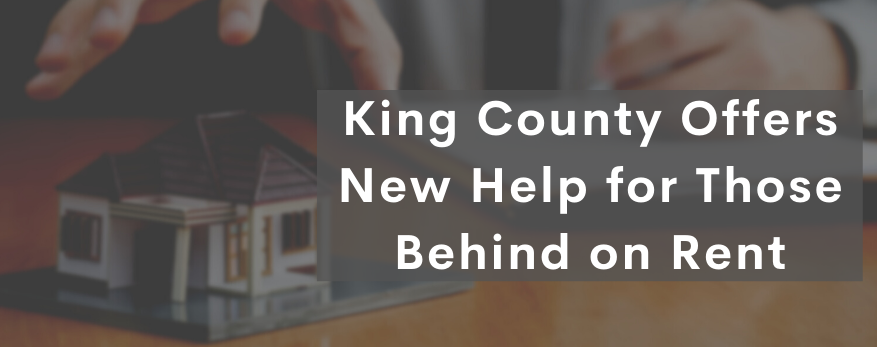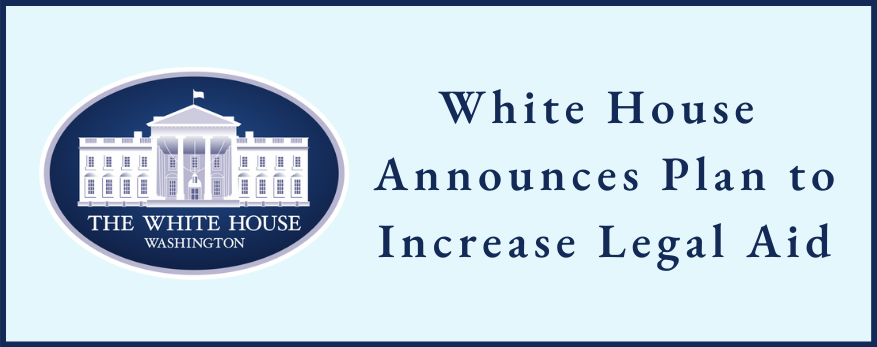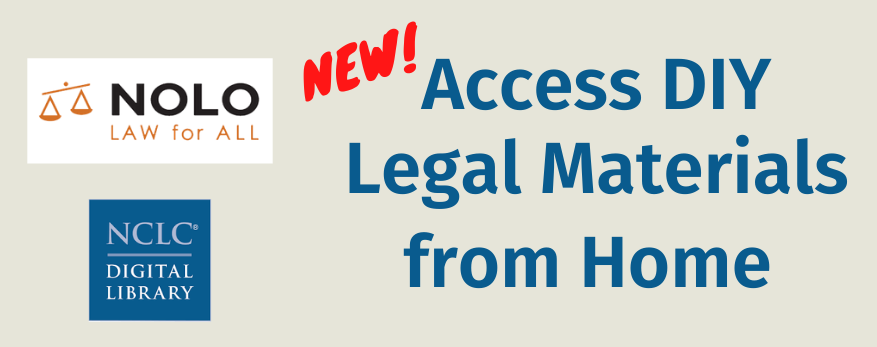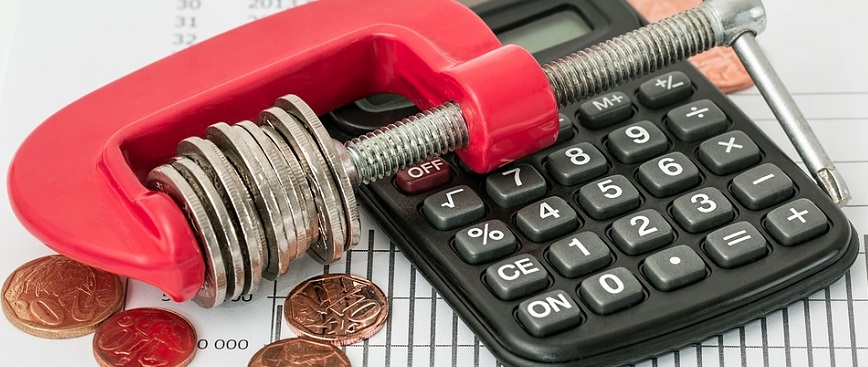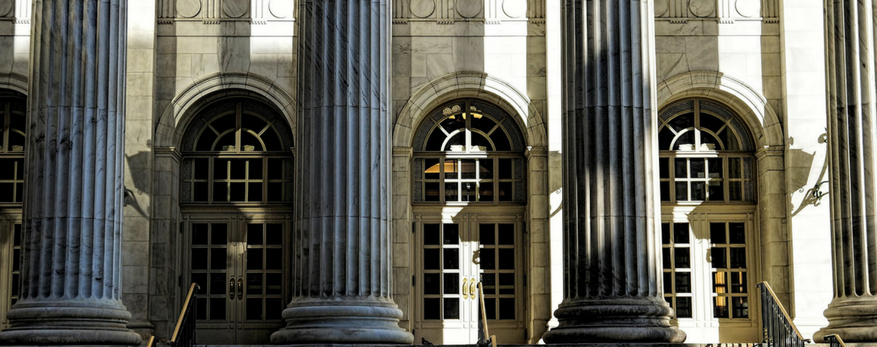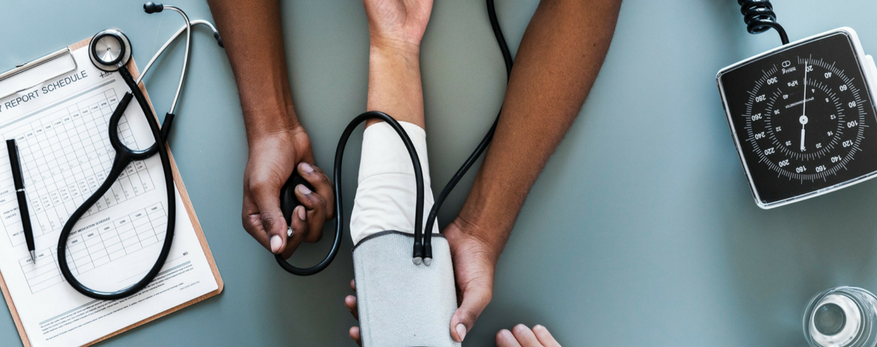Indigent people can be spared court fees that result from a criminal conviction and cannot be sanctioned for their inability to pay restitution and fines, under the new Washington Legislature Bill E2SHB 1783. This bill will ensure that poor people are not unfairly jailed or tied for years to the criminal justice system because they are unable to pay court-imposed debts known as Legal Financial Obligations (LFOs).
LFOs are fees, fines, costs, and restitution imposed by courts on every person convicted of a crime in Washington. The average LFO in Washington on a single case is $1,128, including misdemeanors. Poor people lack the resources to pay LFOs; according to the Administrative Office of the Courts, only 23.8% of LFOs are paid statewide. Even people who are homeless or who rely on public assistance payments to meet basic needs are forced to pay LFOs and interest. As a result, people with limited finances face insurmountable debt and remain tethered to the criminal justice system for years. And while jail is supposed to be reserved for individuals who willfully refuse to pay their LFOs, all too often courts have locked up poor people who were simply unable to pay, resulting in modern-day debtors’ prison. In one Washington county, approximately 20% of people in custody on a given day were serving time for non-payment of court-imposed debt.
Starting July 1, LFOs will be restructured in Washington, according to E2SHB 1783. Here is a comprehensive list of the changes enacted by E2SHB 1783:
- Prioritization of Victim Restitution: The bill prioritizes victim restitution by clarifying that this obligation must be paid out before any other LFOs when an LFO payment is submitted. Court costs, fines, and other assessments are to be paid after all victim restitution is completed.
- Ending the practice of jailing people who are unable to pay LFOs: The law clarifies that a court cannot jail a person who fails to pay LFOs unless the failure to pay is willful. People who are homeless or mentally ill cannot be found to have willfully failed to pay.
- Clearer standards for indigence and ability to pay: Judges will no longer be allowed to impose certain costs on defendants, such as the cost for his or her public defender if they meet certain income requirements created by the bill that render the individual indigent (someone at 125% of the poverty level).
- Reducing the Number of Mandatory LFOs: Many mandatory LFOs become discretionary, meaning the court can waive them upon a finding of indigence (someone at 125% of the poverty level).
- Elimination of Interest: The courts can waive interest rates on unpaid LFOs, which are currently at 12%.
- Set-Up Payment Plans: The courts can set up payment plans for costs and fines if the person is homeless, mentally ill, or indigent (someone at 125% of the poverty level).
- Community Service Creation: Several provisions allow for the court to convert some LFOs to community service if the defendant is too poor to pay.
- Protecting Public Assistance: The bill prohibits forced collection of funds received from needs-based public assistance programs.
Supporters of the new law said in legislative hearings that LFOs, with their high interest rates, create an endless financial web for poor offenders after they are released from prison, keeping some in poverty and unable to return to society. It will remove some of the hurdles that make it difficult for some people to “get back on their feet” after incarceration, Gov. Jay Inslee said.
“This law ensures a person’s ability to pay is considered when LFOs are imposed, and enables people with limited resources who have served their time to move on with their lives… No one should serve jail time simply because they are too poor to pay.” – Prachi Dave, Staff Attorney for the ACLU of Washington.
For comprehensive information about the impacts of LFOs, see Modern-Day Debtors Prisons: The Ways Court-Imposed Debts Punish People for Being Poor, a report issued by the ACLU of Washington and Columbia Legal Services: https://www.aclu-wa.org/docs/modern-day-debtors-prisons-washington. Community advocates, including the ACLU-WA, Columbia Legal Services, and the Statewide Poverty Action Network (Poverty Action), have been seeking changes to the LFO system for the past several years. You can read their reactions to this new law here:
